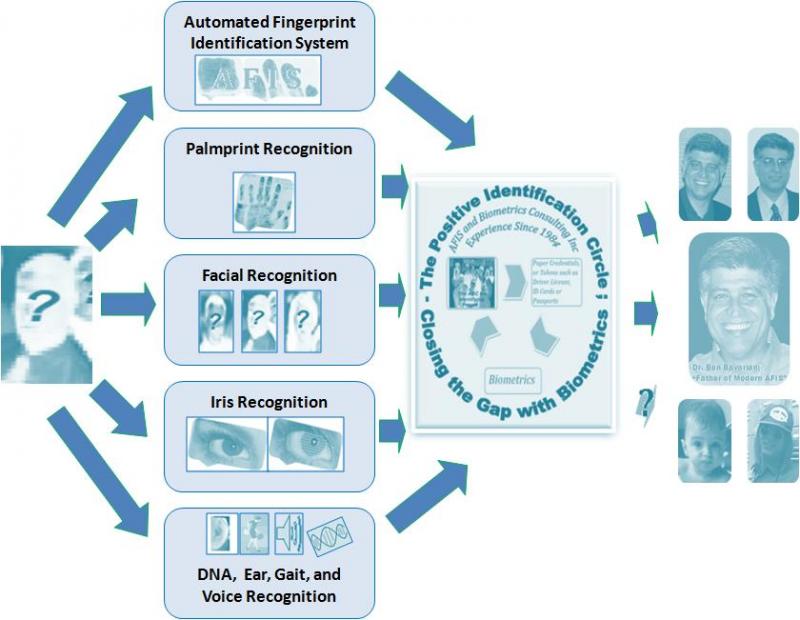A research letter published online this week in JAMA Internal Med reveals that several popular websites that provide medical information for consumers have either integrated third-party tracking elements or leaked search terms to third-parties. Those websites included some high-profile names such as the New York Times, WebMD, Weight Watchers and Men’s Health.
A research letter published online this week in JAMA Internal Med reveals that several popular websites that provide medical information for consumers have either integrated third-party tracking elements or leaked search terms to third-parties. Those websites included some high-profile names such as the New York Times, WebMD, Weight Watchers and Men’s Health.
The researcher looked at 20 sites and found all of them had at least one third-party element. Thirteen of the 20 sites had one or more tracking elements such as search term-target advertising and social media plug-ins. The author notes “anonymity is threatened by the visible Internet address of the patient’s computer…Confidentiality is threatened by the leakage of information to third parties.”
The letter addressed some legitimate concerns as search term and social media tracking can theoretically leak sensitive patient information. However, how we interpret patient privacy and what we have to do to protect it in the fast-changing digital era need additional insights from a large group of stakeholders including patients, industry and regulatory bodies.
Internet has greatly changed the way regular consumers access medical information. Consumer-oriented healthcare portals and online news outlets provide free and quality content that enhances health literacy among the general public. Benefits brought by these online resources have been demonstrated through many positive patient experiences. Moving forward, connectivity through these channels will play a more significant role in making people informed, helping them manage their conditions more easily and reducing cost.
To sustain the support and connectivity, the industry needs to innovate and grow. Targeting potential consumers through online user behavior and user-generated content is one of the fast-growing areas where the industry sees tremendous business opportunities. But by simply tracking and targeting consumers does not necessarily put their privacy in danger.
Below are three reasons:
A cultural change redefines privacy
Living in a world where we share everything–from what you ate for lunch, where you went for grocery shopping, who you traveled with for your vacation to when you got married—on Facebook, for many of us, we voluntarily choose to document every piece of detail of our lives in the public domain. A significant cultural change has been taking place in the last few years as more people are becoming not only more comfortable with social media but also rely on it for information seeking and emotional support. The perception of privacy for many of us has subsequently changed–things we used to consider “private” and wouldn’t share with others are now okay to be discussed with our friends on Facebook, Twitter, Instagram or even with the entire public in the blogosphere.
This can also be identified in healthcare. More and more people sign up for patient online communities to look for information and seek tips from peers after receiving a diagnosis, many of them upload real photos at registration. Patient bloggers across therapeutic areas actively discuss their experiences. The uptake of industry-sponsored consumer programs such as mobile apps, online registrations and patient story sharing is also increasing. These changes indicate for many consumers, getting trusted and accurate information is more important than disclosing part of their identities or personal information.
Infrastructure-wide tracking may make specific-tracking irrelevant

(Photo Credit: http://ayooitsstephie9511.blogspot.com/2013/03/online-privacywere-being-watched.html)
As the digital penetration continues to increase, changes across the infrastructure will have implications for online privacy as well. The controversies around the Edward Snowden case highlight the dilemma between absolute online privacy and national security. The discussions remind us online tracking is not a choice but a reality. It happens at every level and everything we do online will leave a trace subject to be scrutinized. So if everything we do online has already been monitored and recorded by entities at the very top, we have to wonder if those specific-tracking by a company or a website even matter. In other words, the infrastructure-wide tracking may be more concerning from a privacy protection perspective than a social media plug-in on NYT.com.
The focus of patient privacy is shifting

Biometrics include more vital information and will be much more crucial for patient privacy protection than IP address (photo credit: http://afisandbiometrics.com/what_is_biometrics)
In healthcare, we are learning how to use the Internet more effectively to drive outcome, reduce cost, boost innovation and advance medical research every day. Among these efforts, facilitating patients to search information online is probably one of the easiest from a technological perspective. The focus of digital health is shifting to areas that can bring more tangible results such as electronic health record, biometric technology, mobile application and open data movement. As a result, patient privacy in these settings will be more relevant and important than IP address as patient information in these area will have more power to identify who they are and likely determine the trajectory of their outcome.
Inevitably, our identities will be increasingly defined by our virtual activities and association. Remaining absolutely anonymous may eventually be not only irrelevant but also impossible. As Google’s Eric Schmidt pointed out, “the shift from having one’s identify shaped off-line and protected online to an identity that is fashioned online and experienced off-line will have implications for citizens, states and companies as they navigate the new digital world.” How we perceive patient privacy online and offline is also evolving. The bottom line is as people who chose to work in this industry, we have the obligations to lead the change and always put patients interest first.








